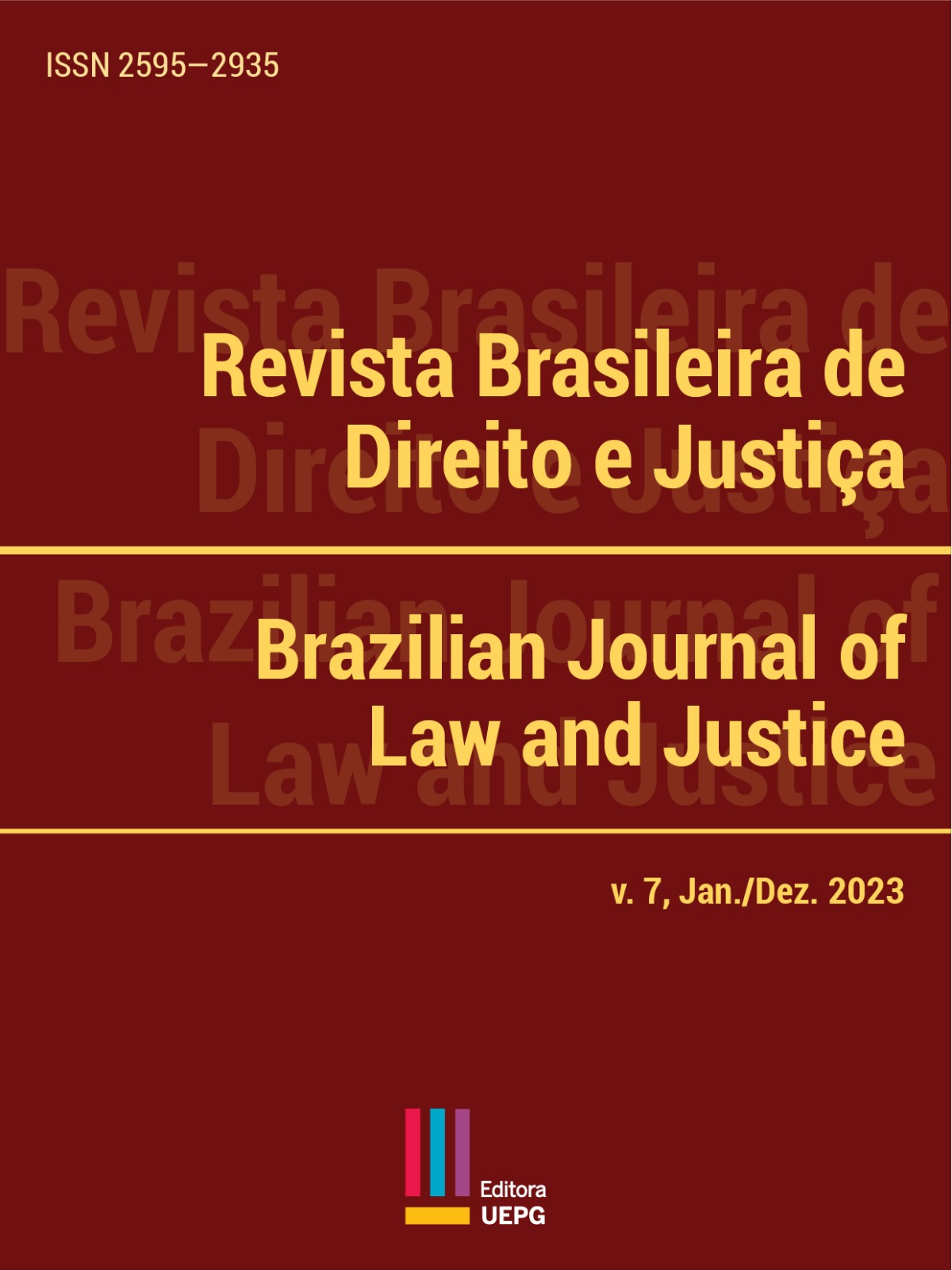JUDICIAL ACTIVISM
IMPLICATIONS FOR THE DEMOCRATIC PRINCIPLE IN THE LIGHT OF LUIGI FERRAJOLI AND JURGEN HABERMAS
Abstract
With the establishment of the Democratic State of Law through the 1988 Constitution, a complete arsenal of fundamental rights was inaugurated. The Judiciary began to be provoked into analyzing various issues which, until then, had not been within its area of influence. Since then, its decisions have, at least potentially, implied judicial activism, by taking a proactive stance, thus advocating the free creation of law, capable of going beyond the limits of legal hermeneutics. This article seeks to analyze the implications and consequences of judicial activism from the perspective of the thinkers Luigi Ferrajoli and Jünger Habermas.
Downloads

Downloads
Published
Issue
Section
License
Authors who publish in this journal agree to the following terms:
1. Authors maintain copyright and grant the journal the right of first publication, with the work simultaneously licensed under the Creative Commons Attribution License that allows for the sharing of work with recognition of its authorship and initial publication in this journal.
2. This journal offers open access to its content to promote the visibility of articles and reviews published. For more information on this approach, visit the Public Knowledge Project, a project that improves the academic and public quality of research studies. This project supports the OJS and other open access publishing software for academic sources. Names and email addresses included on this site will be used exclusively for the journal's purposes and are not available for other purposes.

